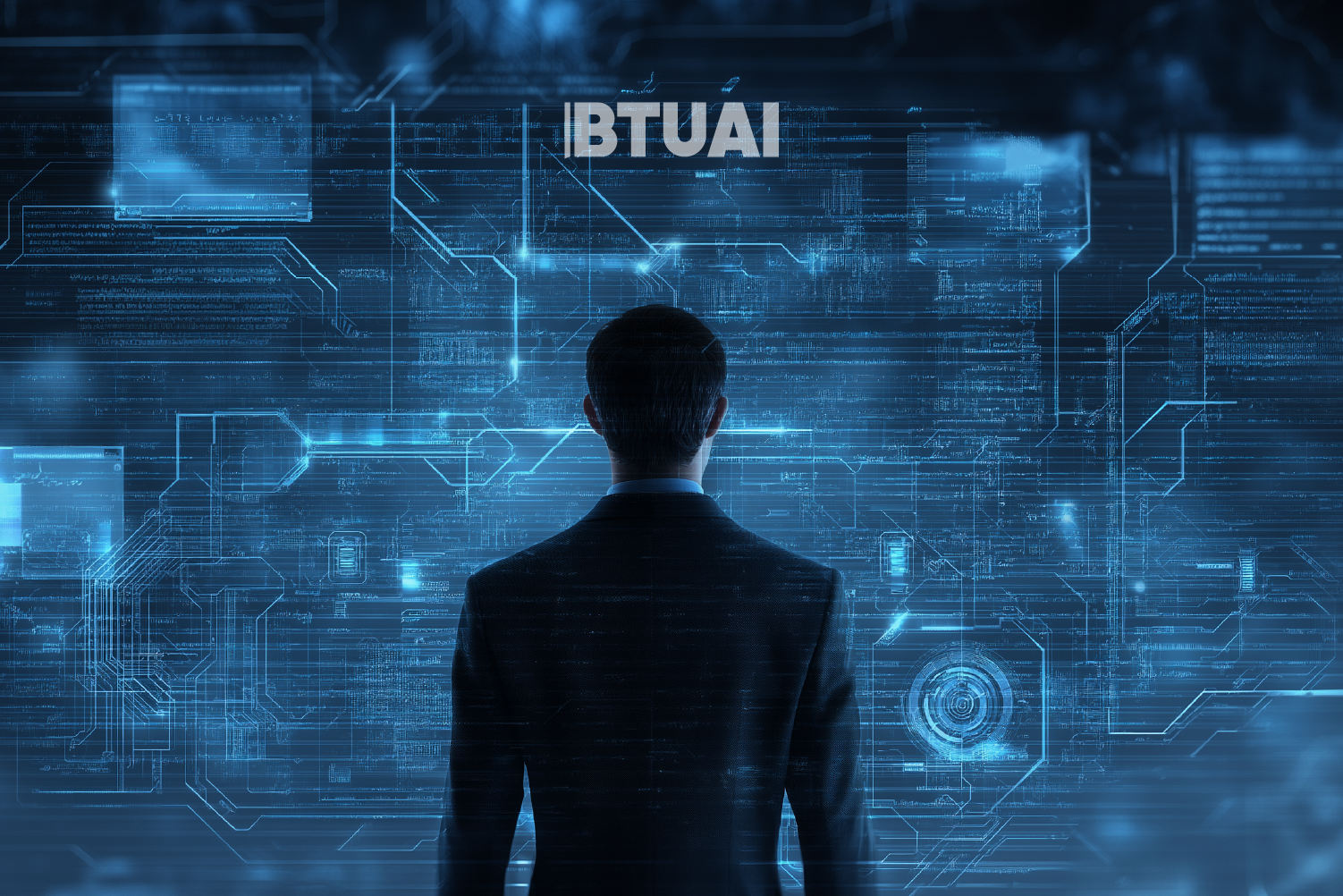AI and the Transformation of the Education Market: How Artificial Intelligence Is Reshaping the Organizational Model of Universities in Georgia and Worldwide
As of 2025, artificial intelligence (AI) is no longer a futuristic add-on for universities — it is a central

As of 2025, artificial intelligence (AI) is no longer a futuristic add-on for universities — it is a central driver of transformation. The global AI in education market has surpassed $20 billion, and projections suggest it could double by 2030. From Harvard to Singapore, higher education institutions are rapidly evolving not only how they teach, but also how they operate. AI is redefining the university not just as a place of learning, but as a digitally responsive, data-driven organization.
AI integration often begins with a single entry point — automated grading, personalized learning, or content generation — but it quickly expands into systemic change. Universities are being forced to revisit their organizational structures: management workflows, HR planning, research support services, and even academic governance models are being reshaped.
For instance, the Rochester Institute of Technology launched an AI-driven administrative platform in 2024 that automates academic scheduling, grading timelines, and student service processes. Harvard’s EdTech Lab has begun experimenting with AI-powered curriculum design that adjusts dynamically based on market demand and student performance. These institutions are not just adopting tools; they are redesigning the very architecture of their operations.
Globally, universities are beginning to operate more like agile tech platforms than traditional public institutions. In Australia, universities are using AI systems that analyze student behavior to determine which courses to offer in the next term. In the Netherlands, AI is being used not only in teaching but also to support institutional planning, research funding allocation, and risk prediction models for student dropouts.
This evolution is changing the education market itself. The “product” of a university is no longer just lectures and degrees — it includes adaptive learning experiences, real-time feedback systems, and personalized educational journeys. Students are no longer passive recipients of knowledge; they are active nodes in a digital ecosystem that continuously generates data to improve content and delivery.
Such transformation requires universities to adopt entirely new roles and capacities. Job profiles are shifting: institutions now need AI trainers, data ethics officers, academic designers, and learning engineers. Curriculum models are becoming modular and responsive, breaking from rigid semester structures. At the same time, governance must adapt to new tensions — between algorithmic decision-making and academic freedom, between automation and pedagogy.
In Georgia, this transformation is still in its early stages. According to BTUAI’s recent study, AI adoption in Georgian universities faces several systemic barriers: digital infrastructure gaps, faculty overload, limited digital literacy, and a lack of sustainable funding. Yet signs of change are emerging. Some institutions have started using AI for content generation, semi-automated grading, and international collaboration. However, these remain isolated initiatives rather than institution-wide strategies.
The real challenge lies in the organizational model. Georgian universities still largely function in siloed, hierarchical structures, where academic, administrative, and IT departments operate independently. Successful AI integration, however, requires a platform-based approach — one in which data, operations, and human resources interact within a cohesive ecosystem.
Global examples suggest that effective AI adoption depends not just on technical readiness, but on the university’s ability to reinvent itself. In Finland, for instance, universities have shifted strategic focus from subject-matter delivery to skill-building in data interpretation, critical thinking, and algorithmic literacy. These shifts are not cosmetic — they involve reorganizing academic leadership, redefining staff roles, and rethinking quality assurance frameworks.
For Georgia, this means AI must move beyond personal experimentation and pilot projects. Universities need to structurally incorporate AI into their operations, including governance, curriculum development, and institutional planning. Without such transformation, AI risks becoming just another underused technology — a missed opportunity in a rapidly evolving global education market.
Ultimately, AI does not simply optimize how universities function; it challenges them to reimagine who they are. No longer just centers of knowledge delivery, universities must become digital strategy organizations capable of responding in real time to technological, economic, and pedagogical change. That is the real frontier in the education market — and it’s already here.
Find the full BTUAI research here.




